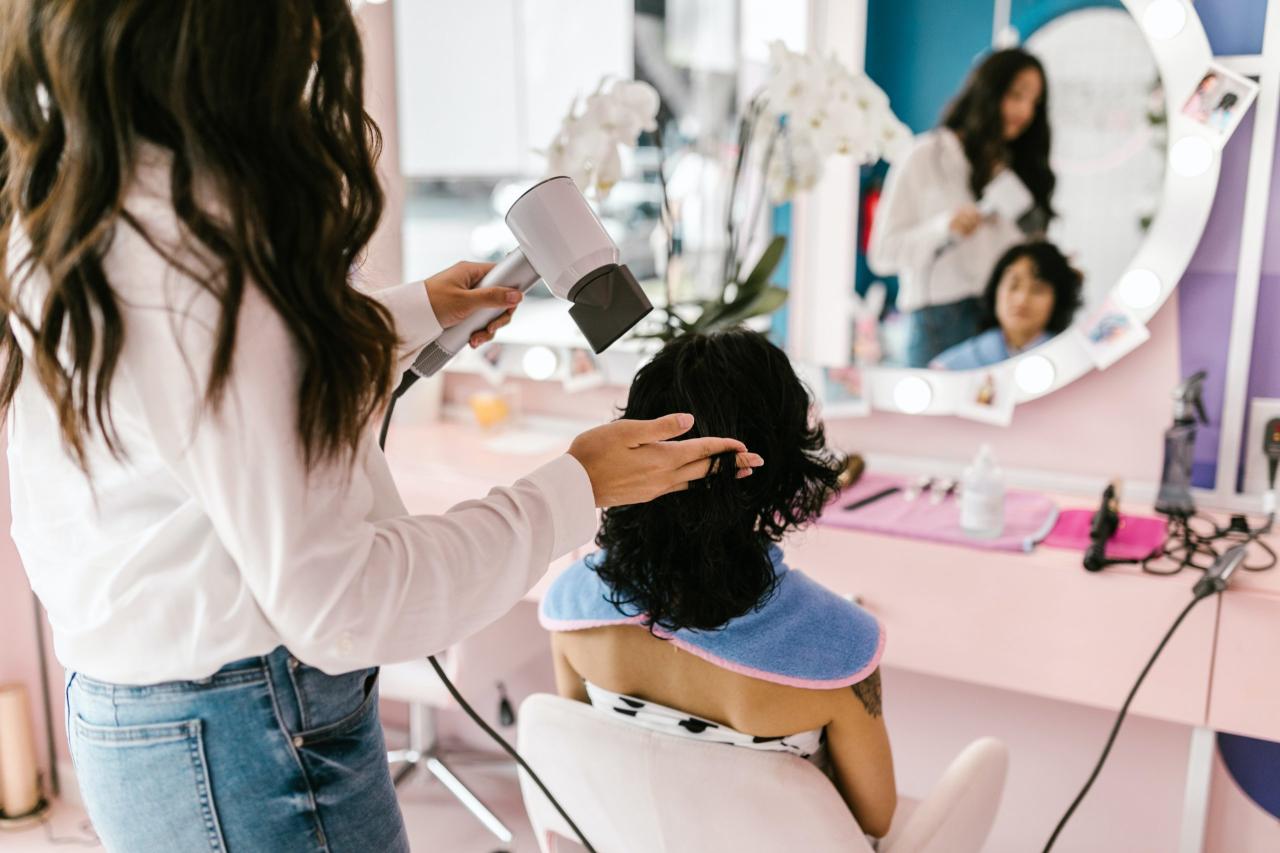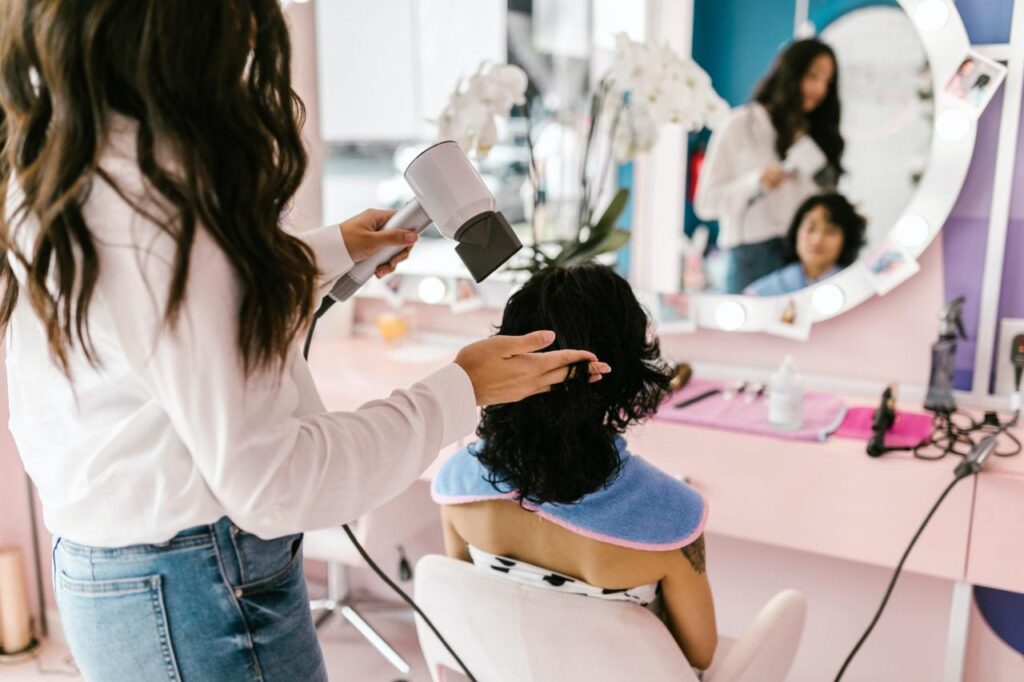Salon Insurance: Protecting Your Beauty Business is more than just a policy; it’s a safety net for your dreams. Imagine the unexpected: a customer tripping, a fire damaging your equipment, or a lawsuit stemming from a service gone wrong. These scenarios, while unfortunate, are all too real for salon owners, and having the right insurance can be the difference between bouncing back and facing devastating financial losses.
This comprehensive guide delves into the world of salon insurance, exploring various types of coverage, essential protection, and crucial factors influencing costs. We’ll empower you to make informed decisions, choose the right provider, and navigate the claims process smoothly. Whether you’re a seasoned salon owner or just starting out, understanding salon insurance is essential for safeguarding your business and achieving long-term success.
Types of Salon Insurance
Protecting your salon from unexpected events is crucial. Salon insurance policies provide financial protection against various risks, ensuring your business can recover and continue operating smoothly. Understanding the different types of insurance available and their coverage is essential for choosing the right protection for your salon.
General Liability Insurance, Salon insurance
General liability insurance is a fundamental type of insurance for salons. It provides coverage for various risks, including:
- Bodily injury: Covers claims if a client or visitor sustains an injury while on your salon premises. This can include tripping over an object, slipping on a wet floor, or getting burned by a hot styling tool.
- Property damage: Protects you against claims if a client’s belongings are damaged or lost while at your salon. This could include a spilled beverage ruining a client’s handbag or a fire damaging a client’s personal items.
- Advertising injury: Provides coverage for claims related to libel, slander, or copyright infringement arising from your salon’s marketing materials.
General liability insurance is crucial for salons as it provides protection against unexpected lawsuits. This coverage helps safeguard your financial well-being in case of unforeseen incidents.
Product Liability Insurance
This type of insurance protects your salon from claims arising from injuries or damages caused by products you sell or use.
- Hair care products: Covers claims if a client suffers an allergic reaction or other adverse effects from using products purchased at your salon.
- Salon equipment: Protects you against claims if a client is injured by faulty equipment, such as a malfunctioning hair dryer or a broken styling chair.
Product liability insurance is essential for salons that sell or use products on their clients. This coverage helps ensure your business is protected if a product causes harm.
Workers’ Compensation Insurance
This insurance is mandatory in most states and protects your salon from claims made by employees who get injured or become ill while working.
- Medical expenses: Covers the cost of medical treatment for work-related injuries or illnesses.
- Lost wages: Provides compensation to employees who are unable to work due to a work-related injury or illness.
- Disability benefits: Offers financial support to employees who suffer permanent disabilities from work-related incidents.
Workers’ compensation insurance is essential for salons with employees as it provides financial protection and peace of mind for both you and your staff.
Property Insurance
This type of insurance protects your salon’s physical assets, including the building, contents, and equipment.
- Building damage: Covers the cost of repairing or rebuilding your salon in case of fire, flood, or other covered events.
- Contents damage: Protects your salon’s furniture, fixtures, equipment, and inventory from damage or loss.
- Business interruption insurance: Provides financial support if your salon is forced to close temporarily due to a covered event, such as a fire or natural disaster.
Property insurance is crucial for protecting your salon’s valuable assets and ensuring you can continue operating after a disaster.
Professional Liability Insurance
Also known as errors and omissions insurance, this type of insurance protects your salon from claims arising from professional negligence or mistakes.
- Improper hair care: Covers claims if a client suffers hair damage or other adverse effects from a stylist’s mistake.
- Misdiagnosis of hair conditions: Protects you against claims if a stylist misdiagnoses a client’s hair condition and provides inappropriate treatment.
- Breach of confidentiality: Provides coverage for claims related to disclosing confidential client information.
Professional liability insurance is essential for salons as it protects your business from claims related to professional errors or negligence.
Factors Influencing Insurance Costs
The cost of salon insurance is determined by various factors that reflect the level of risk associated with your business. Understanding these factors can help you make informed decisions about your insurance coverage and potentially save money on your premiums.
Salon Size
The size of your salon is a major factor influencing insurance costs. Larger salons generally have higher insurance premiums because they have more employees, equipment, and inventory to insure. For instance, a large salon with multiple workstations, a full-service spa, and a sizable staff will likely have higher premiums compared to a smaller salon with fewer employees and limited services.
Location
The location of your salon can also impact your insurance premiums. Salons located in high-crime areas or areas with a high incidence of natural disasters, such as floods or earthquakes, may face higher premiums. For example, a salon located in a downtown area with a high concentration of businesses and foot traffic may have a higher risk of theft or vandalism compared to a salon located in a more rural area.
Services Offered
The types of services offered by your salon can significantly affect your insurance premiums. Salons offering more specialized or invasive services, such as laser hair removal or chemical peels, may have higher premiums due to the increased risk of potential complications or lawsuits. For example, a salon offering laser hair removal services will likely have higher premiums than a salon offering only basic hair cutting and styling services.
Safety Measures and Risk Management Practices
Implementing effective safety measures and risk management practices can help reduce your insurance premiums. These practices demonstrate to insurers that you are taking proactive steps to minimize the risk of accidents, injuries, or lawsuits.
- Regularly inspecting and maintaining equipment
- Training employees on safety protocols and procedures
- Maintaining a clean and organized work environment
- Having a comprehensive safety plan in place
- Implementing a system for tracking and reporting accidents and incidents
By implementing these measures, you can demonstrate to insurers that you are committed to safety and risk management, which can lead to lower premiums.
Legal Considerations and Compliance
Operating a salon involves navigating a complex web of legal requirements and regulations. Ensuring compliance with these rules is crucial for protecting your business and avoiding potential legal issues.
Legal Requirements for Salon Insurance
Understanding the legal requirements for salon insurance in your specific region is vital. Laws and regulations governing salon insurance vary significantly across different countries, states, and even municipalities.
- For example, some regions may mandate specific types of insurance coverage for salons, such as liability insurance, while others may have more flexible requirements.
- It is essential to consult with a licensed insurance broker or agent in your region to determine the exact legal requirements and ensure your salon is adequately insured.
Importance of Compliance with Industry Regulations and Standards
Beyond legal requirements, complying with industry regulations and standards is crucial for maintaining a safe and professional environment for your clients and staff. These regulations cover various aspects of salon operations, including:
- Hygiene and sanitation
- Use of chemicals and products
- Employee safety
- Licensing and certification requirements
Legal Consequences for Non-Compliance with Insurance Regulations
Failing to comply with insurance regulations can result in serious legal consequences, including:
- Fines and penalties: Regulatory bodies may impose fines or penalties for non-compliance with insurance requirements. The severity of these penalties can vary depending on the nature of the violation and the jurisdiction.
- License suspension or revocation: In some cases, non-compliance with insurance regulations can lead to the suspension or revocation of your salon’s license. This can significantly impact your business operations and potentially force you to close down.
- Lawsuits and legal claims: If an accident or injury occurs in your salon, and you are not adequately insured, you may face lawsuits and legal claims from clients or employees. This can result in significant financial losses and damage to your business reputation.
- Criminal charges: In extreme cases, non-compliance with insurance regulations may even lead to criminal charges. This is more likely to occur if the violation involves fraud or intentional deception.
Resources for Salon Owners
Navigating the world of salon insurance can feel overwhelming, but it doesn’t have to be. Thankfully, numerous resources are available to help you find the right coverage and ensure your business is protected.
This section will guide you through a curated list of reputable organizations and professionals who can provide valuable information and support.
Industry Associations
Industry associations play a crucial role in providing resources, networking opportunities, and advocacy for salon owners.
- Professional Beauty Association (PBA): The PBA is a leading organization for beauty professionals, offering resources, education, and advocacy.
- Website: https://probeauty.org/
- Contact: 800-382-4444
- National Cosmetology Association (NCA): The NCA is a non-profit organization dedicated to promoting the cosmetology profession.
- Website: https://www.nationalcosmetology.org/
- Contact: 800-622-4622
- Associated Skin Care Professionals (ASCP): The ASCP is a professional organization for estheticians, providing education, networking, and advocacy.
- Website: https://www.ascpskincare.com/
- Contact: 800-422-7277
Insurance Brokers
Insurance brokers act as intermediaries between you and insurance companies, helping you find the best coverage at competitive prices.
- Independent Insurance Agents & Brokers of America (IIABA): The IIABA is a national association of independent insurance agents and brokers.
- Website: https://www.iiaba.net/
- Contact: 800-221-7917
- National Association of Insurance Brokers (NAIB): The NAIB is a professional association for insurance brokers, advocating for their interests and promoting ethical practices.
- Website: https://www.naib.org/
- Contact: 800-221-7917
Regulatory Bodies
Regulatory bodies ensure that salons operate within legal guidelines and meet safety standards.
- State Licensing Boards: Each state has a licensing board responsible for regulating the cosmetology industry.
- To find your state’s licensing board, visit the National Conference of State Boards of Cosmetology (NCSBC) website: https://www.ncsbc.org/
- Occupational Safety and Health Administration (OSHA): OSHA sets safety standards for workplaces, including salons.
- Website: https://www.osha.gov/
- Contact: 800-321-OSHA (6742)
Final Thoughts

As you navigate the exciting world of salon ownership, remember that salon insurance is your trusted companion, offering peace of mind and financial security. By understanding the nuances of coverage, choosing the right provider, and implementing effective risk management strategies, you can confidently protect your business and focus on what matters most: creating beauty and serving your clients.
Salon insurance is crucial for protecting your business from unexpected events, like property damage or liability claims. While you’re looking into insurance options, don’t forget about your personal needs too. If you’re in need of auto insurance, a quick search for ” auto insurance agent near me ” can help you find a local agent to discuss your coverage options.
Just like salon insurance safeguards your business, the right auto insurance can provide peace of mind on the road.

